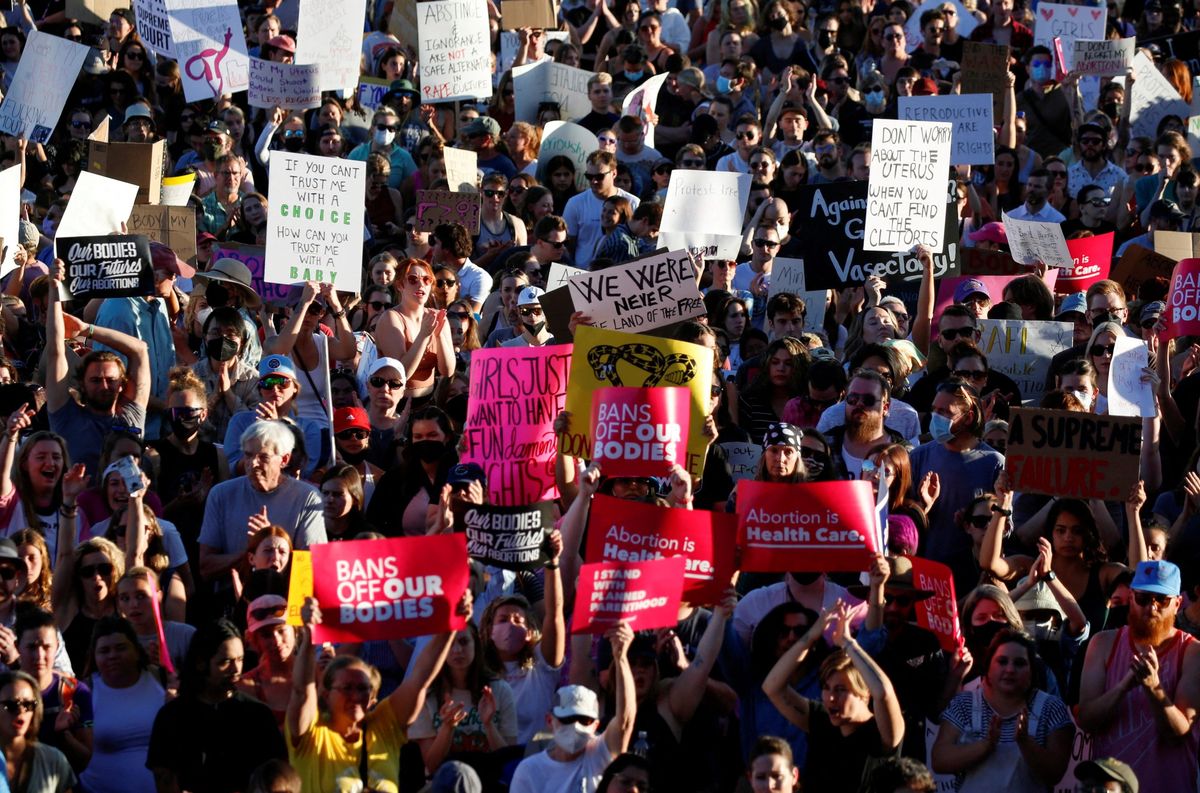Anti-abortion advocates are divided on how abortion restrictions should play out

A few minutes every morning is all you need.
Stay up to date on the world's Headlines and Human Stories. It's fun, it's factual, it's fluff-free.
Last month, the US Supreme Court overturned Roe v. Wade, which meant it got rid of constitutional protection for people to get abortions. For the anti-abortion movement, this was a huge win – they had been advocating for nearly 50 years since Roe to overturn it, and the day had finally come when they could shift their focus away from the Supreme Court and toward state legislatures around the country.
But, as they’ve been looking at what to do next, there’s been some division within the anti-abortion movement. Some of these debates are about what kinds of abortion access should be allowed, such as if abortion should be legal in the case of rape or incest or if abortion medication should be accessible by mail. Other debates are about how laws are enforced, such as deciding if women should be criminally liable for getting an abortion or if private citizens should be allowed to wage civil cases against people who get abortions.
Going forward, a lot of this will be decided in courts and legislatures across the country.
Key comments:
“There’s always been a 50-year debate over what’s the best way to bring down Roe v. Wade,” said Clarke Forsythe, the senior counsel for antiabortion advocacy law firm Americans United for Life. “And now there’s a big debate, and everybody’s involved, about what’s the best road forward — or what are the best roads forward — after Dobbs,” he said, referring to the recent case that overturned Roe v. Wade.
“It was easy to unite against Roe v. Wade,” said Louisiana state Rep. Alan Seabaugh, a legislator who had mixed votes on abortion issues. “I think this issue has the potential to divide the right,” he said, “because of the issue of where you put the line. It’s not clean, neat and easy.”




Comments ()